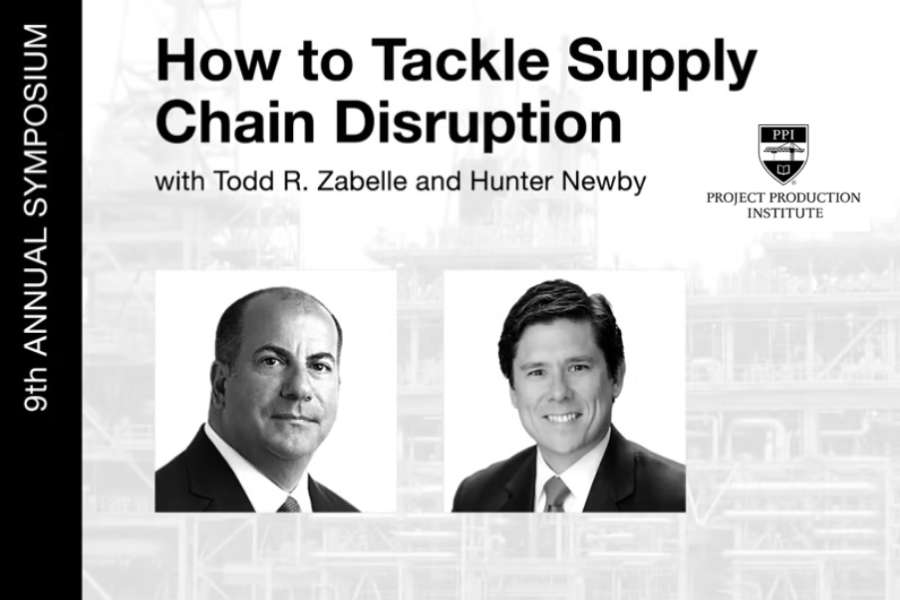The New American Dream: Real Broadband Speed
November 1, 2011
Source: Internet Telephony Magazine
This article originally appeared in the Nov. 2011 issue of INTERNET TELEPHONY.
America has always offered the promise of a better life for everyone. Over the years the good life has been projected into the minds of the masses as a certain standard that comes with the basic ingredients. Some of the more popular benefits of this society over the past several generations have been the notion of a chicken in every pot and a car in every driveway. In the current generation, one could argue that the new standard is a megabit in every home (or in every hand).
It is somewhat safe to say that delivering on the first two basics were accomplished, albeit not for everyone as some people do not drive and some do not eat chicken, but they still have “access” to those thing if they want them. The point is clear, though. Food and personal transportation are basic essentials, and in this country they were attainable. The same can be said about broadband (high-speed access to the public Internet) in that it is a basic, fundamental need for most people in this country today. But it cannot be said that it is actually available for everyone – even if they want it.
The fundamental issue is what is “broadband”? Simply put, it is implied speed of access to the Internet. Speed is, unfortunately, a subjective term. For the people who only have their feet to get them around, getting in a car going 10 miles per hour would be considered a high rate of speed. That’s the same as saying dial-up is faster than nothing. It is a true statement; but unless you are satisfied with just e-mail, it doesn’t really help much.
A recent article in The New York Times by Katharine Seelye of Pando Networks, a consumer download accelerator business, said the highest average download speed in any state in the United States is 894kbps. That state happens to be Rhode Island, and that average speed happens to be less than one megabit – in the entire U.S. Idaho is the slowest state, at 318kbps.
If 10 MPH is the baseline for automotive “speed” and today we can easily travel through the country at an average, legal speed of 65 MPH, then we need to set out a plan for a 6.5 times increase in the average broadband speed of each state. That’s a state average of 2mbps for Idaho and 5.8mbps for Rhode Island.
Population density plays a direct role in achieving both the goals of profitability and faster speed for the consumer. Rhode Island is 50 times more densely populated than Idaho, and therefore has a higher average speed – although it is only 2.8 times faster. Another interesting point to note is that if 92 percent of the customer base of Idaho’s largest ISP has “access” to “broadband”, but the state average is only 318kbps, then what is the definition of broadband in Idaho? No one can fault a business for wanting to make a profit. Profitability is how businesses succeed, but what about the greater good? How does this issue get properly addressed?
If the population doesn’t grow in the sparsely populated areas the business case justification to build real broadband speed networks may never materialize. Even if grant money can build a fiber ring in the middle of nowhere, where does the money come from for the backhaul out of that county or state? What about the capital necessary just for the routine maintenance and operations of the network? These are not small details that can be overlooked. Addressing this problem and setting out a real plan to fix it will be a massive undertaking.
The new American Dream of a megabit in every home needs a dose of financial reality, or else it may forever end up being just that – a dream.
Hunter Newby, CEO Allied Fiber (News - Alert) writes the Infrastructure Peering column for TMCnet To read more of Hunter's articles, please visit his columnist page.
Edited by Stefania Viscusi




